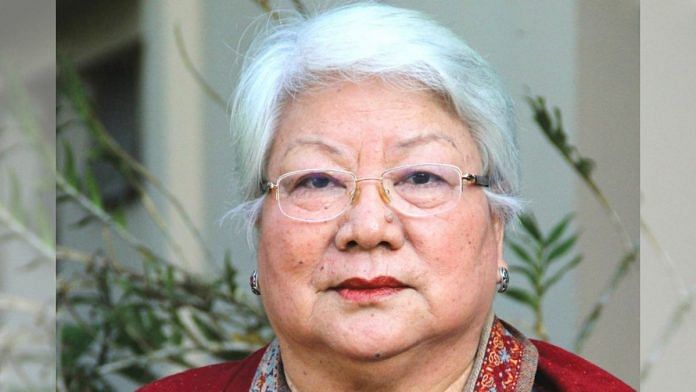E very winter, as the chill of the season set in, Temsula Ao would transform an ordinary ritual into a profound act of love. The Padma Shri award-winning poet, women’s rights activist, and ethnographer from Nagaland would gather clothes she no longer needed, carefully selecting pieces for her relatives in her village. Ao’s philosophy was clear—nothing worn out, torn, or faded would do.
“ Kia-lu teuk sungko Kibo ,” she would say in her mother tongue, which meant, ‘If you give, give till the eyes are full’,” Ao’s daughter, Jungmayangla Longkumer, a professor at Nagaland University, told ThePrint. It’s a striking example of how Ao, a fierce advocate for Naga cultural preservation, infused her life with resilience and love. Her work—poems, fiction, essays, and activism—was forged from the need to reconstruct the forgotten Naga identity, which got subsumed with the rise of Christianity during a time when Nagaland was torn apart by insurgency.
A Fulbright fellow, she was dean of the School of Humanities and Education at North Eastern Hill University in Shillong and chairperson of the Nagaland State Commission for Women, where she advocated for women’s inclusion in village councils and equal inheritance rights to ancestral property. “Temsula Ao is not [just] an individual; she was an institution—a scholar, peace activist, thinker, friend, and a beautiful human being all in one,” said Walter Fernandes, a Guwahati-based scholar and director of North Eas.


















